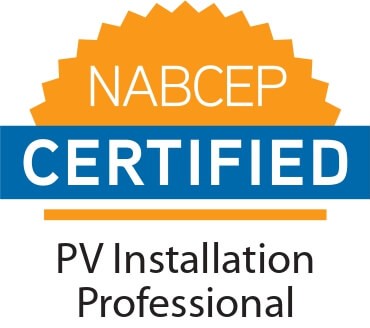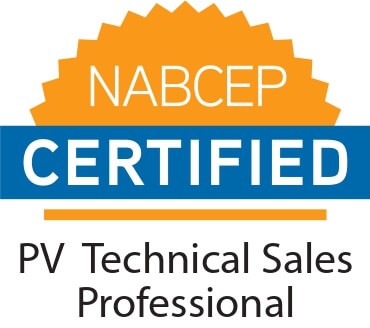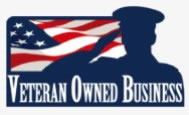There are many state, federal and privately funded incentives for businesses and consumers considering solar. One of the best for business owners is the USDA Rural Energy for America Program (REAP). This program has a number of benefits tailored to helping business owners interested in solar and in reducing their carbon footprints. We’ve been very successful in helping business apply for and receive REAP grants and would be happy to discuss with you at you convenience.
wiener-bronzen.com
red-gricciplac.org
ribstol elan
feinsmecker strømper
saralilphoto.com
feinsmecker strømper
tutobon.com
saljofa.com
red-gricciplac.org
dymytr povlečení
teplakova suprava panska
ribstol elan
feinsmecker strømper
dymytr povlečení
Here’s an overview:
REAP grants can pay 25% of the cost of renewable (e.g., solar) energy systems, from $2,500 to $500,000. The program also offers loan guarantees for another 50% of the cost, plus accelerated depreciation. On top of that, there’s the 26% federal income tax credit.
That word “Rural” in the title may make it sound like REAP grants are just for farms. But any rural or small-town business in areas with less than 50,000 population is eligible.
Obviously, the more electricity a business uses, the more it can benefit from a REAP grant. Here are some of the leading candidates:
- Car dealerships use lots of electricity for showing off inventory in their lots (and preventing theft) at night, for heating and air conditioning, and for powering the computers, security systems, and tools in the service bays.
- Auto Body Shops – Whether independent or part of a dealership, a body shop’s paint booth air heaters are big electricity consumers.
- Gas station convenience stores – Those bright lights by the pumps out front and the refrigerators, freezers, and air conditioners inside don’t power themselves.
- Groceries – Keeping constant temperatures inside refrigerators and freezers (particularly those that that customers keep opening and closing), and in open refrigerator and freezer cases, eats up lots of electricity.
- Bakeries, Delis, Restaurants – Whether standalone or part of a supermarket, ovens, other kitchen equipment, and refrigeration all increase power consumption.
- Motels and B&Bs – As 24-hour establishments, motels have high energy costs – not just for round-the-clock lighting and HVAC, but also for operating any onsite kitchens or restaurants. B&Bs have many of the same electricity costs, but on a smaller scale.
- Dry Cleaners – Electricity can consume 25% of total operating costs, with steam boilers accounting for 20-80% of energy costs.
- Craft Breweries in West Virginia, for example, turn out an average of 728 barrels a year, according to the Brewers Association. Between refrigeration, packaging, and compressed air, it takes from 50 to 66 kWh of electricity to produce just one barrel of beer. At 10¢ per kWh of local electricity, that’s $5 to $6.60 per barrel. A solar installation like this one, for a brewery in Elkins, WV (population: 7,072) can crank out more than 500kWh a day.
- Farms’ operations don’t use that much electricity, partly because so much of their acreage is so far from power lines. But off-grid solar installations can pump cattle tanks and water wells, irrigate crops, and ventilate buildings in remote areas. If at least half your gross revenue comes from farming, you’re eligible for a REAP grant.
As part of the required paperwork, you’ll need to show that your project has technical merit and uses commercially available technology. We routinely conduct free on-site solar surveys and provide complete, detailed custom plans, itemized lists of materials and delivery schedules – that we stick to. And as far as technical merit goes, our CEO is one of only 93 solar installers nationwide to have earned double NABCEP certification.




